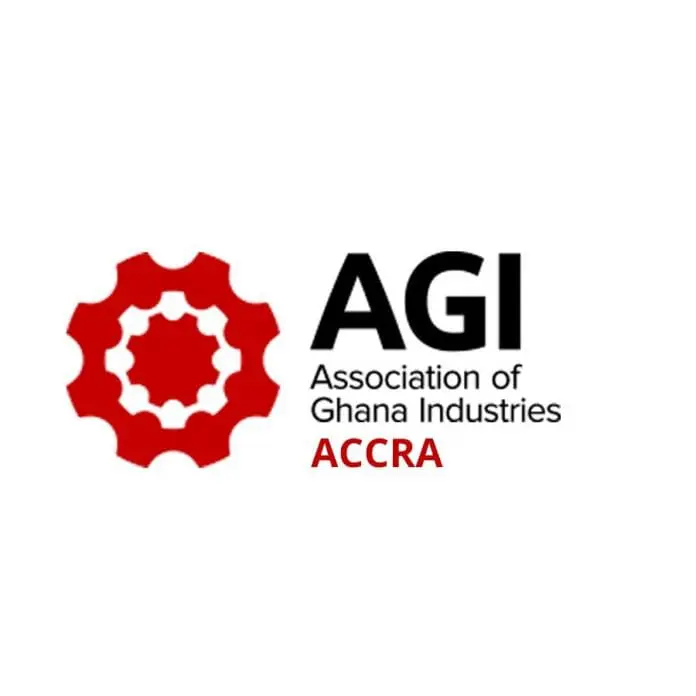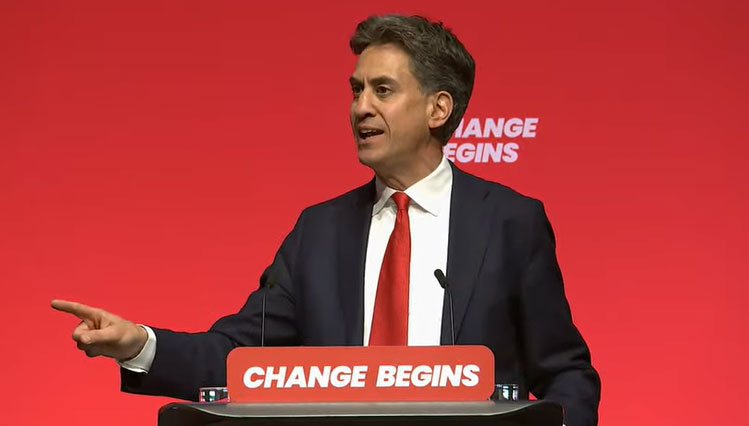By Ghana News
Copyright ghanamma

Ghana’s industrial sector stands at a crossroads where success depends entirely on how well businesses align with four fundamental pillars and the Association of Ghana Industries (AGI) isn’t mincing words about what needs to happen next.
Speaking at the 26th Regional Annual General Meeting, AGI’s Regional Chairman for Ashanti, Bono, Bono East, and Ahafo, Kwasi Nyamekye, laid out the framework: policy stability, infrastructure development, innovation, and access to finance are the non-negotiables for Ghana’s industrial transformation. Without these foundations firmly in place, he argued, the country’s ambitions to become an industrial powerhouse will remain just that—ambitions.
Mr. Nyamekye’s message carried an urgent undertone. Ghana has spent decades shipping raw materials abroad only to buy back finished products at premium prices. That cycle needs to break, and it won’t happen unless enterprises fundamentally rethink how they build their growth strategies around these four pillars.
“Policy stability is the foundation of successful businesses,” he told attendees. “Investors and industrialists need assurance that regulatory changes won’t occur overnight.” His point wasn’t subtle—industries need predictability, and government must engage more deeply with AGI and other stakeholders to ensure policies actually reflect the realities businesses face on the ground.
But stable policies alone won’t cut it. Mr. Nyamekye emphasized that reliable infrastructure and robust innovation ecosystems will ultimately determine whether Ghana can hold its own in global markets. Digital infrastructure, in particular, has become the dividing line between countries that compete internationally and those that don’t.
Then there’s the financing problem. Access to affordable capital remains the single biggest barrier confronting local industries, particularly small and medium enterprises (SMEs). With interest rates sitting stubbornly in double digits, manufacturers are getting choked out before they can scale. Mr. Nyamekye urged banks and regulators to design tailored financial products—longer tenures, more manageable repayment structures that would actually allow businesses to grow sustainably rather than just survive quarter to quarter.
He also pushed industry players to embrace technology, adopt sustainable practices, and prioritize workforce skills development. With the African Continental Free Trade Area (AfCFTA) now operational, Ghana’s industries need to strengthen their competitiveness or risk getting swept aside by better-prepared regional rivals.
AGI’s Chief Executive Officer, Seth Twum-Akwaboah, said the association is actively working to ease both the cost and complexity of domestic and international transactions. Through collaboration with the Export Development Council, they’re building stronger export ecosystems, the kind of infrastructure that can turn local manufacturers into credible exporters of finished goods rather than just raw material suppliers.
Mr. Twum-Akwaboah also highlighted AGI’s commitment to collaborating with government on the proposed 24-Hour Economy policy, noting that industries need consistent supplies of high-quality raw materials to maintain production standards. If designed effectively, the 24-Hour Economy concept could provide industries with the operational flexibility and efficiency needed to scale up, tap into export markets, and drive inclusive economic growth.
What’s interesting about AGI’s positioning is how it balances advocacy with pragmatism. The organization isn’t simply demanding government action, it’s also challenging its own members to step up their game through technology adoption and sustainable practices. That dual approach recognizes that Ghana’s industrial transformation will require both supportive policies and capable enterprises willing to invest in their own competitiveness.
The timing of this conversation matters. As Ghana works through economic challenges and positions itself within AfCFTA, the industrial sector’s ability to add value locally and export competitively will significantly impact the country’s economic trajectory. Whether businesses actually align with these four pillars—and whether government creates the environment for them to do so—will determine if Ghana’s industrial potential becomes reality or remains unrealized.



